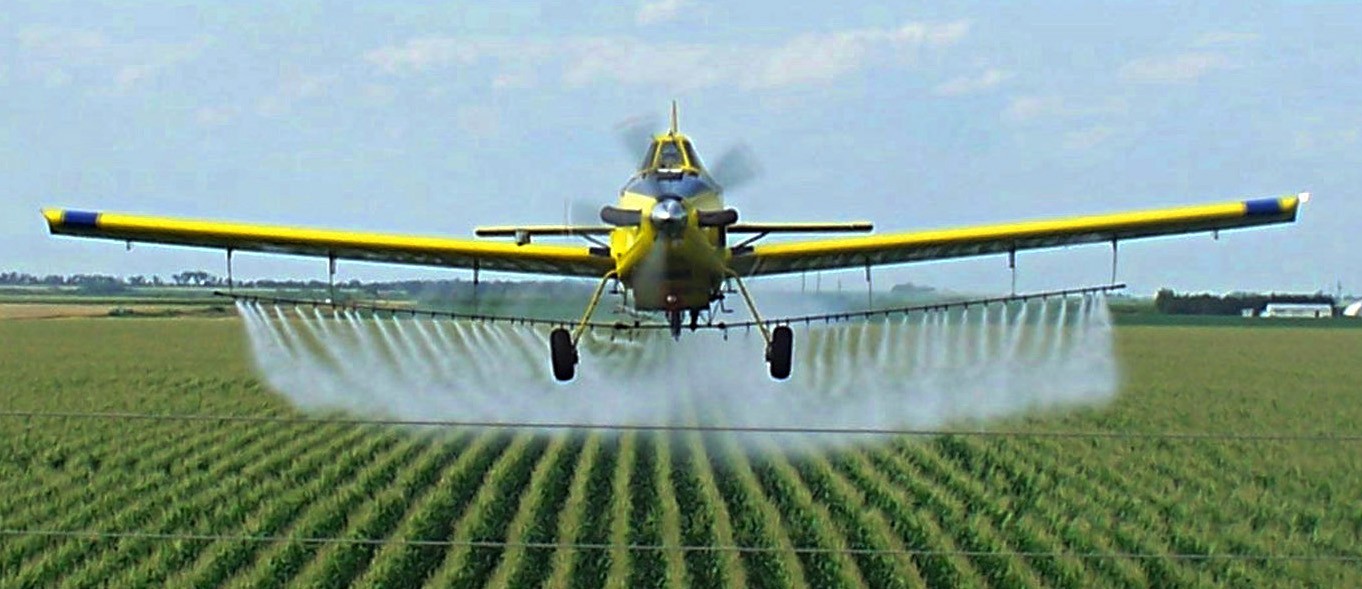 Genetically modified crops (GMCs, GM crops, or biotech crops) are plants used in agriculture, the DNA of which has been modified using genetic engineering techniques. In most cases the aim is to introduce a new trait to the plant which does not occur naturally in the species. Examples in food crops include resistance to certain pests, diseases, or environmental conditions, reduction of spoilage, or resistance to chemical treatments (e.g. resistance to a herbicide), or improving the nutrient profile of the crop. Examples in non-food crops include production of pharmaceutical agents, biofuels, and other industrially useful goods, as well as for bioremediation.
Genetically modified crops (GMCs, GM crops, or biotech crops) are plants used in agriculture, the DNA of which has been modified using genetic engineering techniques. In most cases the aim is to introduce a new trait to the plant which does not occur naturally in the species. Examples in food crops include resistance to certain pests, diseases, or environmental conditions, reduction of spoilage, or resistance to chemical treatments (e.g. resistance to a herbicide), or improving the nutrient profile of the crop. Examples in non-food crops include production of pharmaceutical agents, biofuels, and other industrially useful goods, as well as for bioremediation.
In late September, Dr. Oz made TV waves, openly warning against the EPA's pending approval of a new, toxic pesticide intended for use on genetically engineered crops like corn and soy – this country's biggest crops and food ingredients.
(One wishes this type of consumer concern was heavily stirred during the EPA's open comment period in the spring. But would it have prevented approval? Probably not, if history proves right.)
The reasoning behind the initial pending approval was that because superweeds have become resistant to glyphosate (Roundup), this new concoction was perceived and promoted as the only solution to the regulatory agency.
It is called Enlist Duo, by Dow AgroSciences and contains both glyphosate and the choline salt of 2,4-D (2,4-D was one of the ingredients in Agent Orange).
Note: The EPA has stated that Enlist Duo will not be sprayed from planes. It claims that this pesticide is not …
GM foods currently available on the international market have passed safety assessments and are not likely to present risks for human health. In addition, no effects on human health have been shown as a result of the consumption of such foods by the general population in the countries where they have been approved. Continuous application of safety assessments based on the Codex Alimentarius principles and, where appropriate, adequate post market monitoring, should form the basis for ensuring the safety of GM foods..
Please Read this Article at NaturalBlaze.com





Leave a Reply